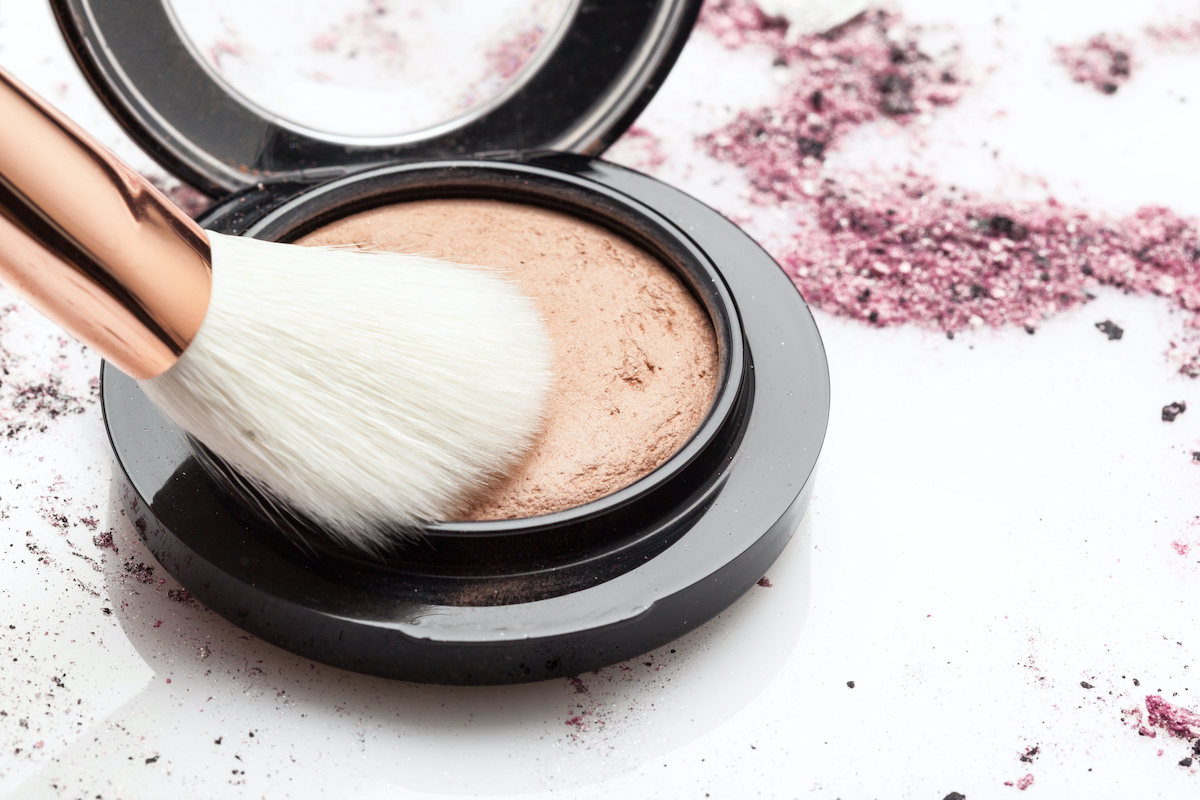
Manufacturing Clean Cosmetics Requires Excellent Processing Equipment
Clean Beauty and ingredient transparency are the present and future of cosmetics. What does this mean for the beauty product manufacturing process? A new Whitepaper from amixon® explores the implications of the Clean Beauty movement for cosmetics manufacturers.
Download amixon® Whitepaper "Cosmetics"
Beauty is a tough business
The market for cosmetics, skincare, and hygiene products is both highly saturated and highly competitive. Despite this, and despite the COVID-19 pandemic, demand for beauty products is still going strong. The global beauty industry is projected to increase in value by more than $38 billion USD between 2020 and 2024. Much of this growth will be fueled by niche and previously underserved demographics, as well as a rising demand for evidence-based beauty products made from natural and non-toxic ingredients.
The Clean Beauty movement: cosmetics marketing gets a makeover
Modern consumers are increasingly concerned about what's inside in their makeup, skincare, and hygiene products. Many are prepared to research a product's ingredients prior to buying: which ingredients are used, where are they sourced, how are they processed, and what do they actually contribute to the product. This buying behavior has been linked to the rapid rise of Clean Beauty. As many as 9 in 10 of women worldwide say they are more inclined to buy beauty products labeled as "clean."
But "clean" means different things to different people. Consumers cite diverse motivations for putting their purchasing power behind the Clean Beauty movement: from health concerns and fear of toxic chemicals, to environmentalism and ethics, to product efficacy, to adherence to faith-based principles. Appealing to such wide-ranging motivations proves challenging, and attempts to make "clean" mean everything to everyone can lead to greenwashing and misleading health claims.
Regulatory shifts towards ingredient transparency in the cosmetics industry
Consumers aren't the only ones paying more attention to the ingredients used in cosmetic products. Regulatory scrutiny of beauty products is on the rise worldwide. Many countries are beginning to expand legal oversight of the ingredients used in cosmetics, hygiene, and skincare products. For instance, the US has introduced new legislation banning many toxic ingredients, and several Muslim-majority nations are taking steps to gradually transition all beauty products to halal certification.
Growing interest in ingredient transparency has also lead many beauty industry businesses to vocally self-regulate by voluntarily disclosing more information about their ingredients than is legally necessary. In the case of many indie beauty brands, clean ingredients and transparent labeling is part of their value proposition. Third-party certifications that can independently verify product claims are also becoming an cornerstone of effective marketing in the era of Clean Beauty.
Manufacturing challenges and the role of mixing equipment
There are a number of manufacturing challenges involved in producing effective, profitable cosmetics that meet varying definitions of “clean” while proactively taking steps to address changing regulations and standards. For instance, what extra precautions must manufacturers take in order to prevent microbial contamination in beauty products that are free from chemical preservatives?
High-performance mixers from amixon® can help manufacturers of powder-based cosmetics ensure quality and safety in a market defined by increasing pressure from regulators and consumers.
© Copyright by amixon GmbH
